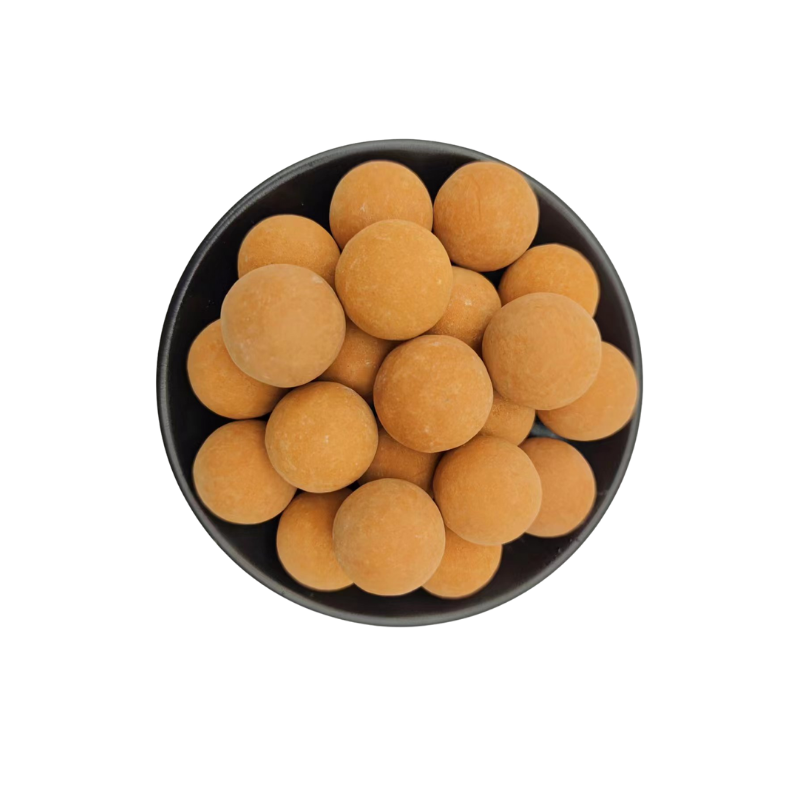
Perlite Production Facility for Sustainable Agricultural Solutions and Construction Materials
The Role of Perlite Factories in Sustainable Development
Perlite, a naturally occurring volcanic glass, has gained significant attention in recent years due to its unique properties and versatility. Found in abundance across the globe, perlite is primarily used in construction, agriculture, and horticulture. As urbanization accelerates and the demand for sustainable materials increases, perlite factories play a crucial role in fulfilling these needs while promoting sustainable development.
Understanding Perlite
Perlite is formed from volcanic eruptions that rapidly cool and solidify. When heated to high temperatures, it expands significantly, leading to a light, porous material. This expansion process, known as popping, can increase its volume up to 20 times, yielding a product that is both lightweight and highly effective in various applications. The unique structure of perlite allows it to provide excellent insulation, drainage, and aeration, making it a favored choice in multiple sectors.
Applications of Perlite
One of the primary applications of perlite is in the construction industry. Due to its insulating properties, perlite is often incorporated into concrete and plaster mixtures. It helps to enhance the energy efficiency of buildings by reducing heat transfer, thereby lowering heating and cooling costs. As the world shifts towards energy-efficient buildings to combat climate change, perlite's role in construction becomes even more critical.
In agriculture, perlite is used as a soil amendment and growing medium. It improves aeration and drainage in potting mixes, promoting healthier root growth and preventing overwatering, which can lead to root rot. Organic farming and hydroponic systems particularly benefit from perlite, as it is pH-neutral, lightweight, and does not break down over time. This allows for better control over the growing environment, leading to higher yields with less water and fewer chemical fertilizers.
Environmental Benefits
perlite factory

Perlite factories are also making strides toward sustainability. The production process of perlite is relatively eco-friendly; it requires minimal energy to mine and expands with the application of heat. Moreover, perlite is an inert material, which means it does not release harmful substances into the environment. This characteristic makes it a sustainable choice in comparison to other materials that may leach toxins or contribute to pollution.
Furthermore, the use of perlite in various industries aligns with the principles of a circular economy. Manufacturers are actively looking for ways to recycle waste materials, and perlite can help reduce the carbon footprint of products. For instance, when used in combination with recycled materials, perlite can enhance the properties of composite materials while reducing dependency on virgin resources.
Challenges and Innovation in Perlite Production
Despite the advantages, perlite factories face certain challenges. The demand for perlite often fluctuates based on market conditions, which can affect production rates. Additionally, while the mining process is less harmful than that of many other minerals, responsible sourcing is essential to minimize ecological disruption and ensure the sustainability of perlite resources.
To address these challenges, innovations in perlite processing are on the rise. Advances in technology have led to more efficient methods of expanding perlite, resulting in lower energy consumption and reduced waste. Furthermore, ongoing research into improved extraction techniques aims to decrease the environmental impact of mining while maximizing yield.
Looking Ahead
As global awareness about sustainable practices continues to grow, the demand for perlite is expected to rise. Perlite factories are well-positioned to capitalize on this trend, offering a solution that aligns with both economic and environmental goals. By focusing on sustainable production methods, embracing technological innovations, and ensuring responsible sourcing practices, perlite manufacturers can contribute to a greener future.
In conclusion, perlite factories are pivotal players in the movement towards sustainable development. Their contributions to the construction and agricultural sectors highlight the vital role that natural materials can play in reducing environmental impacts. As we strive for a more sustainable world, the importance of perlite and the factories that produce it will undoubtedly continue to grow, providing solutions that are both effective and eco-friendly.
Share
-
Premium Talcum Powder Enhanced with GPT-4 Turbo | Soft & Long-LastingNewsAug.02,2025
-
Fly Ash Solutions Enhanced by GPT-4 Turbo | Sustainable InnovationNewsAug.01,2025
-
Natural Premium Bentonite Cat Litter - Superior ClumpingNewsJul.31,2025
-
Premium Resin Coated Sand - High Heat Resistance CastingNewsJul.31,2025
-
High Quality Silicon Carbide Grit for Abrasive ApplicationsNewsJul.30,2025
-
High-Quality Ceramsite for Plants & Gardening | Lightweight PebblesNewsJul.29,2025






